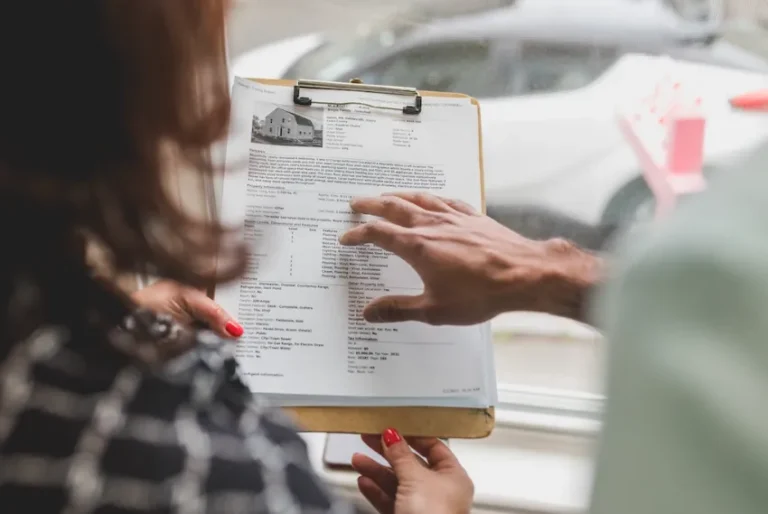Curious about what your landlord uncovers in your rental history report? Dive into the details that shape your tenant potential. From payment history to damages, every aspect leaves a mark. Understanding these reports is crucial for successful rental applications.
By managing your history, ensuring accuracy, and presenting yourself transparently, you enhance your chances of securing a desirable property. Uncover the insights in your report to make informed decisions and improve your rental prospects.
Types of Information Included
When reviewing your rental history report, your landlord can see detailed information about your past renting experiences. This report, often obtained through a free rental history report, includes crucial details such as your previous rental addresses, dates of stay, landlord contact information, rental prices, payment history, damages incurred, and any instances of eviction.
Your rental history is a reflection of your reliability as a tenant, showcasing how well you have adhered to lease agreements and fulfilled your financial obligations. It’s essential to have an accurate and positive rental history to increase your chances of securing future rental accommodations.
Impact on Rental Applications
Your landlord can assess your rental application based on the information in your rental history report, determining your suitability as a tenant. Factors such as late payments, evictions, damages, and lease violations can significantly impact your rental prospects. Landlords use this information to gauge your reliability, responsibility, and financial stability, crucial aspects for them to consider before entrusting you with their property.
It’s essential to be transparent about any negative marks on your report and provide explanations if needed. Taking proactive steps to manage and improve your rental history, such as rectifying inaccuracies and maintaining a positive renting record, can enhance your chances of securing a desirable rental property. Remember, a clean and accurate rental history is key to a successful application process.
Managing Negative Entries
In the rental history report, landlords can observe any negative entries that may impact your rental application. If you encounter any negative information in your report, there are steps you can take to manage it effectively.
Begin by ensuring the accuracy of the reported data, checking for any errors in payments or lease terms. If inaccuracies are present, reach out to the reporting agency with evidence for correction.
Transparency is key when discussing negative entries with potential landlords; honesty goes a long way in building trust. Additionally, proactively managing your rental history by including positive references and demonstrating improvements can help mitigate the impact of past issues on your rental prospects.
Taking these steps can enhance your chances of securing a desirable rental opportunity.
Importance of Accuracy
Maintaining accuracy in your rental history report is paramount for ensuring transparency and reliability in your renting experience. Any discrepancies in your report could potentially impact your ability to secure future rental opportunities. Landlords rely on this information to make informed decisions about potential tenants, so ensuring the accuracy of your rental history is crucial.
Inaccurate details such as incorrect rental dates, payment histories, or lease violations could lead to misunderstandings and affect your rental prospects. By verifying the information in your report and promptly addressing any inaccuracies with the reporting agency, you can present a clear and truthful rental history to landlords.
Improving Rental Prospects
To enhance your rental prospects, ensure the accuracy of your rental history report and address any discrepancies promptly. Start by accessing your report for free annually, verifying dates, rental rates, and payment history. If you find errors, contact the reporting agency with evidence for corrections.
Transparency is key; be honest about any negative information and provide explanations to potential landlords. Leverage positive references and actively manage your rental history to present a clean and accurate profile.
Conclusion
In conclusion, being aware of what your landlord can see in your rental history report is crucial for successfully navigating the rental application process.
By understanding the types of information included, managing negative entries, ensuring accuracy, and taking steps to improve your rental prospects, you can enhance your chances of securing a desirable rental property.
Stay proactive, transparent, and informed to make the most of your rental history report and increase your chances of finding a great place to live.

